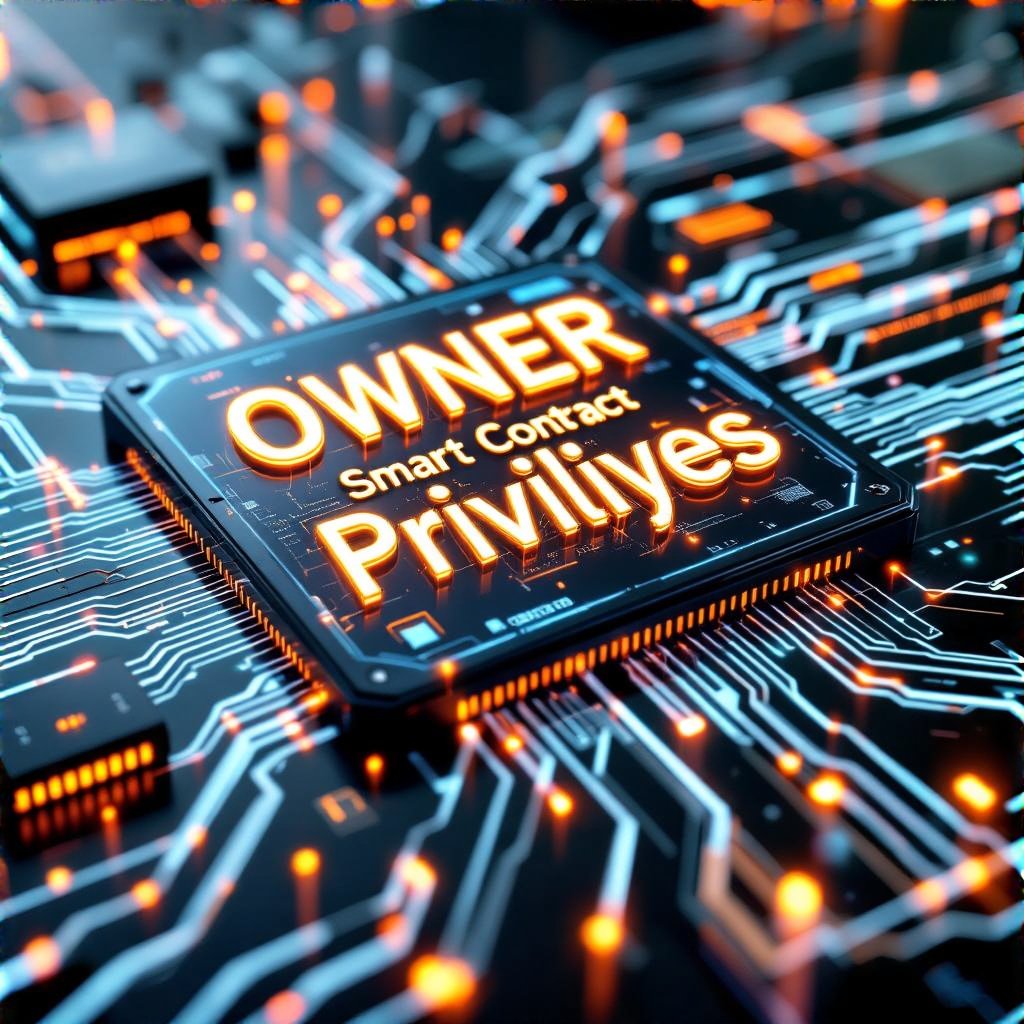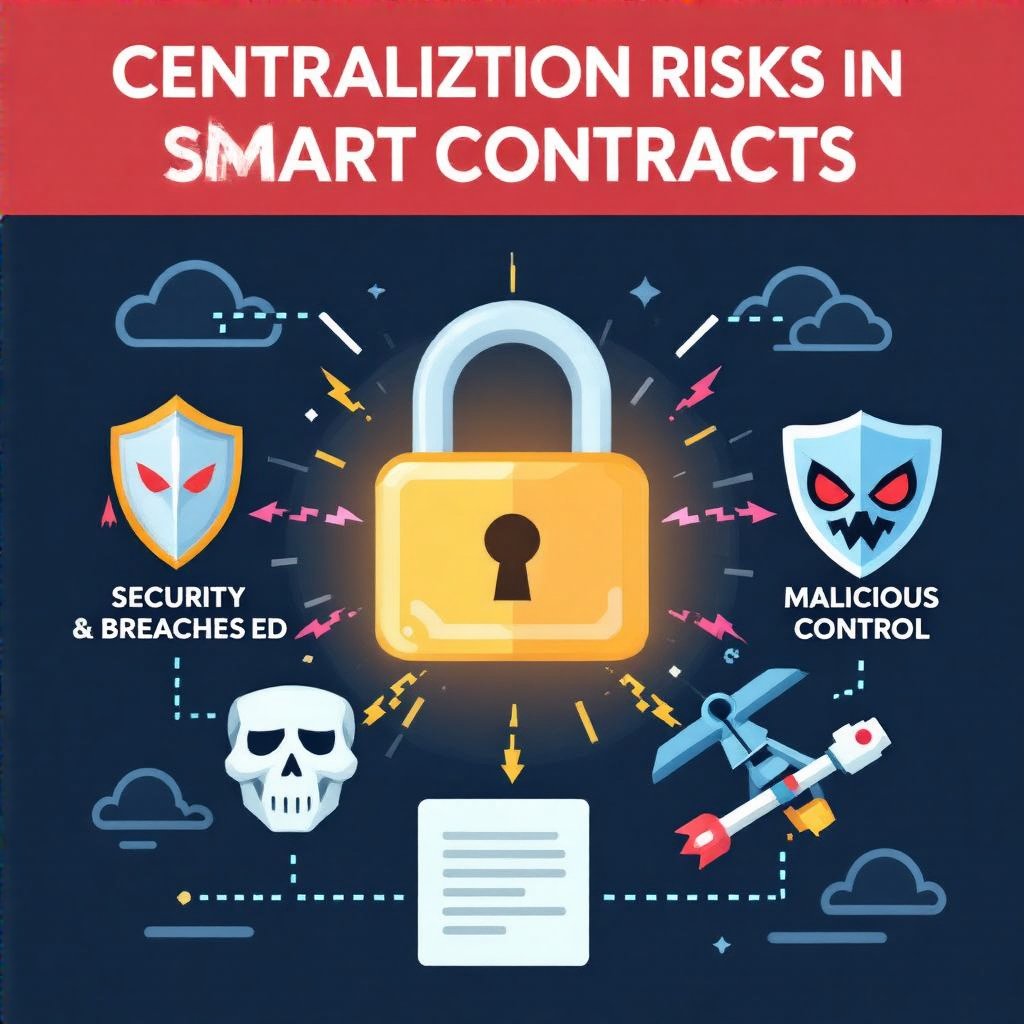Understanding Owner Privileges in Smart Contracts: Risks & Centralization

In the world of blockchain and decentralized finance (DeFi), smart contracts serve as the backbone of automation and trustless transactions. However, many contracts come with owner privileges—powerful controls that, if misused or exploited, can threaten the security and integrity of the entire system. Recognizing the scope and risks of these privileges is crucial for developers, investors, and auditors alike.
Owner Functions and Controls
Owner privileges typically include functions like minting new tokens, freezing or unfreezing assets, pausing contract operations, and transferring ownership. These capabilities grant developers or owners significant control, allowing quick responses to issues but also opening doors for malicious actions. For example, an owner can mint unlimited tokens, creating inflation or diluting existing holders, or freeze withdrawals during a rug pull.

Security Risks of Centralization
Centralized control introduces a *tripwire* vulnerability. If the owner key is compromised, an attacker can execute malicious functions—like draining liquidity or executing a rug pull—without user consent. Historical exploits in DeFi have demonstrated how these *Trojan horses* are exploited, often leading to loss of funds and damage to project credibility. The Volt project's owner privileges exemplify how central control can be a *weak link* if ownership isn't carefully managed and transparently disclosed.
Best Practices for Transparency
To mitigate these risks, many projects now deploy multi-signature wallets, timelocks, or decentralized governance mechanisms. Transparency is enhanced through open-source code audits, community oversight, and limiting owner privileges to essential functions only temporarily. External security audits, like those from Cyberscope or CertiK, play a critical role in confirming the safety of contractual controls. As an attacker, the *logic bombs* often hide in overlooked owner functions—so constant vigilance is key.
In conclusion, understanding and scrutinizing owner privileges is vital. They can be powerful tools for quick fixes but pose a significant threat when central control becomes a *tripwire* for malicious actors. Decentralization and transparency aren’t just ideals—they are the ultimate defense against exploitation.